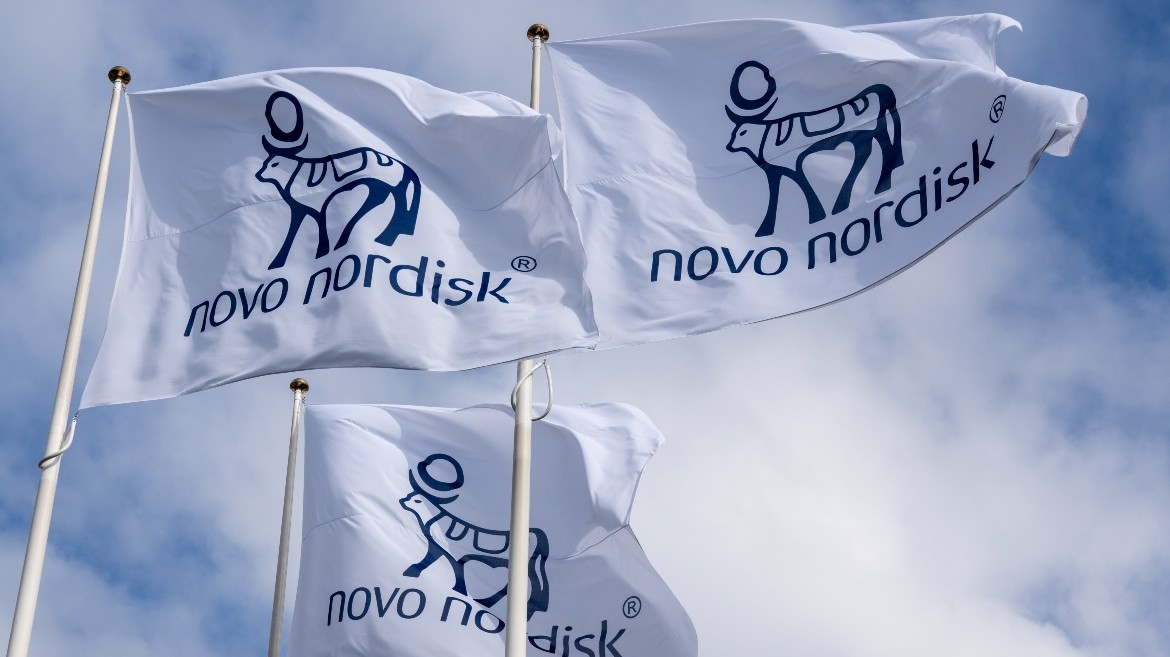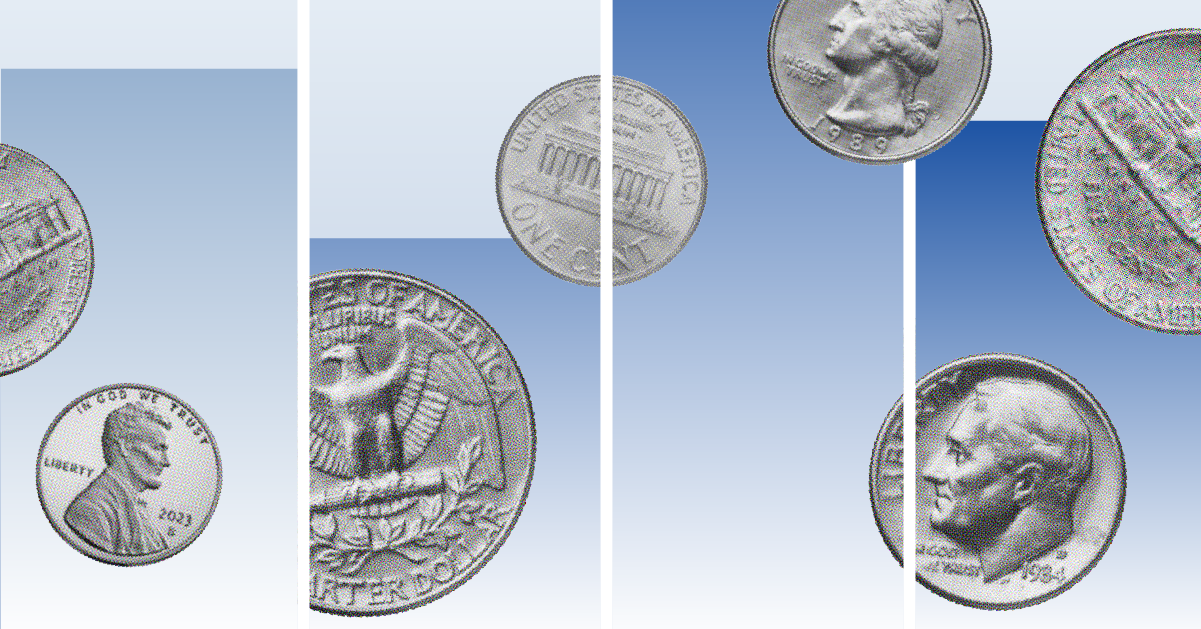This article is part of Morningstar's "Perspectives" series, written by third-party contributors. Here, Julian Webb, Head of DC and Workplace Savings at Fidelity Worldwide Investment answers some key questions about Workplace ISAs, and how they could help you make the most of your savings.
Many British savers take advantage of the tax breaks available in ISAs each year, but fewer people understand the benefits of a Workplace ISA. As the end of the tax year looms closer, we answer some key questions about Workplace ISAs, and how they could help you make the most of your savings.
Why Would Savers Invest Through a WISA?
While investing through an ISA is the approach taken by most savers, a Workplace ISA means you can make regular payments into your account directly from your payslip. As well as being a convenient and hassle-free way of making contributions, taking a little from your salary each month can be a good way to establish healthy savings habits. This means savers can benefit from the advantages of ‘drip-feeding’ money into the markets over time, allowing the effects of compounding (where the returns you make generate returns themselves) to work their magic as you save throughout your career.
Are the Tax Breaks in a WISA Different to Those in an ISA?
No. Just like saving into a regular ISA, you can put aside £11,520 for this tax year (2013/14) if you’re investing in stocks and shares (and £5,760 if you stay in cash). Also like an ISA, you can access your WISA savings whenever you like, so this is a flexible way of putting money aside.
Can Employees Have it Both Ways, and Have an ISA and a WISA at the Same Time?
No. Either you can invest in a Workplace ISA, or a regular ISA, but you can’t do both – even if you are investing underneath the limit in your WISA.
What If an Employee Moves Jobs? Will They Lose Their WISA Savings?
If you invest in a Workplace ISA and then leave your job, you’ll still have access to all of your savings, since a WISA is registered in the name of a person, not a company. You can continue to make payments into the WISA yourself (it will become an ISA since it’s no longer linked to your workplace), but the automatic contributions from your payslip will stop. You can then set up a direct debit from your bank account to continue to make regular payments into your WISA.
Will Investing in a WISA have any Impact on my pension?
No, you can invest in both. A pension is invested until you retire whereas an ISA is accessible at any time. Make sure that you don’t miss out on your employer’s contribution to your pension.
Morningstar Disclaimer
The views contained herein are those of the author(s) and not necessarily those of Morningstar. If you are interested in Morningstar featuring your content on our website, please email submissions to UKEditorial@morningstar.com.





























